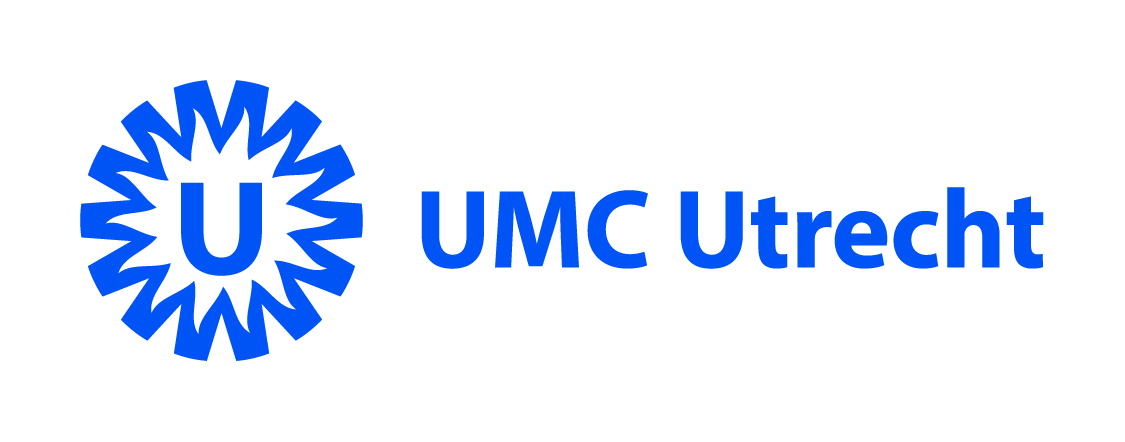Neuroscience and Cognition Utrecht | Institutes | Researchers
Our institutes

The UMCU - Brain Center represents all research and (international) educational activities of the UMC Utrecht Brain Center. Its research is dedicated to Experimental and Clinical Neuroscience. Unique for the Rudolf Magnus Institute is that is combines psychiatry with neurology (including rehabilitation), neurosurgery, and basic neurosciences. The research is centered around four priority areas:
- Neuromuscular diseases
- Developmental disorders
- Precision Psychiatry
- Neuro-oncology
- Stroke
Questions common to all themes include: What happens to structural connectivity in the brain when people develop brain diseases? What are the genetic and environmental risk-factors that determine who will get ill and who stays healthy? And how can cellular/animal models give more insight into the mechanisms underlying brain diseases?

The Helmholtz Institute (HI) unites scientists whose research is at the intersection of brain and cognition, aimed at the understanding of human behaviour and its underlying neurobiological mechanisms. This ranges from perception and cognition to affective behaviour on various levels of explanation: from single cells to organismal.
The HI combines groups that have internationally renowned positions in their fields of expertise, utilizing a multidisciplinary approach to study behaviour in an integrative context. The research focus is divided along three main research lines:
- Fundamental research
- Clinical research
- Developmental research

The Utrecht Institute of Linguistics (UiLOTS) is a faculty research institute developing scientific expertise on the systems underlying language, speech, and language use. Their aim is to develop an understanding of the rules and laws that govern the structure of particular languages, and the general laws and principles governing all natural languages (i.e. the nature of the computational system of human language in its many guises). There are six research groups in the UiLOTS:
- Language and communication
- Language and education
- Language, logic, and information
- Language processing and language pathology
- Language structure: variation and change
- Linguistic theory and language acquisition
The Institute boasts excellent lab facilities, including an EEG/ERP lab, a baby lab, as well as access to fMRI.